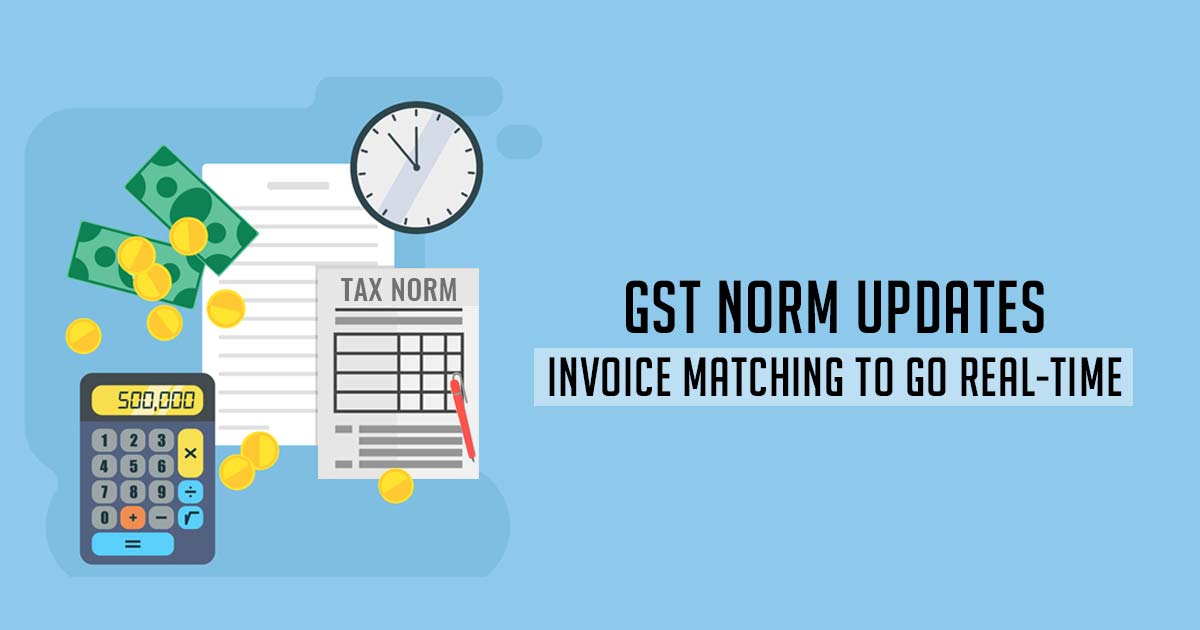The new GST return filing system, along with modified GST norms, is expected to go live by the next year. Experts are sharing their reviews and explanations of the new GST norms and policies and how they can benefit the dealers and consumers. Meanwhile, the mention of a real-time invoice matching policy has also been found in the new GST scheme document released by the government earlier.
Hardeep Singh, Partner – Indirect taxes, KPMG India, explains the meaning of the real-time GST invoice matching and why and how it will help dealers across the country address their issues with better resolution.
Provisions for Invoice Matching under the New GST Return Scheme
The new GST return scheme will be based on a new system called ‘uni-directional flow of invoices‘.
The new uni-directional invoice scheme would require every supplier to upload their transaction-wise invoices to the GSTN portal. This is a one-directional scheme that means all the invoices would be uploaded only by the supplier.
Now, the recipient party will have to receive and review those invoices. Then, they can accept or reject the invoices based on the accuracy of the information provided. They can alternatively keep an invoice pending for further information. So, basically, the new scheme would require the recipient to check carefully the invoices uploaded by the respective supplier.
Read Also: Ways To Avoid Mismatches in GST Return for Better Compliance
Now, the point to focus here is that the invoice matching facility is real time. It means the recipient would be able to review and accept/reject an invoice at the same time when the supplier is uploading it. The document released by the government confirms that the invoice matching would be near real-time. If the recipient accepts an invoice, it gets locked immediately. But if he doesn’t accept the invoice, he can either reject it or keep it in pending status. However, if the recipient chooses to take no action, the invoice will get locked automatically after a certain time period.
Once the invoice is locked manually by the recipient or automatically by the system, the liability is calculated based on which tax is paid to the government.
The Frequency of Uploading the Invoices
It is now clear that only the supplier is required to upload the invoices under the new scheme of GST return, but what about the frequency of invoice uploading? In other words, when and how many times is the supplier required to upload the invoices?
Here’s Your Answer.
Under the new GST return scheme, a dealer has the freedom to decide when and how many times he/she uploads the invoices on the GSTN portal. A dealer can either upload invoices in real-time or on a fortnight basis or even on a weekly or monthly basis. In short, it is completely his decision as to when he wants to upload the invoices.
There would also be an offline invoice uploading utility available to the dealer which he can use to keep uploading invoices offline. Then, he can upload the entire batch of invoices once a week or fortnight whenever he finds the time or connects to the internet.
In short, there is no time limit on uploading the invoices on the portal. However, if a dealer wants to claim credits for a particular month, he/she shall have to upload the required invoices before the 10th of the following month.
Source: https://economictimes.indiatimes.com/










